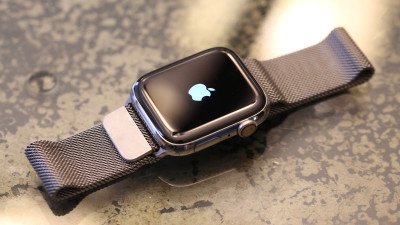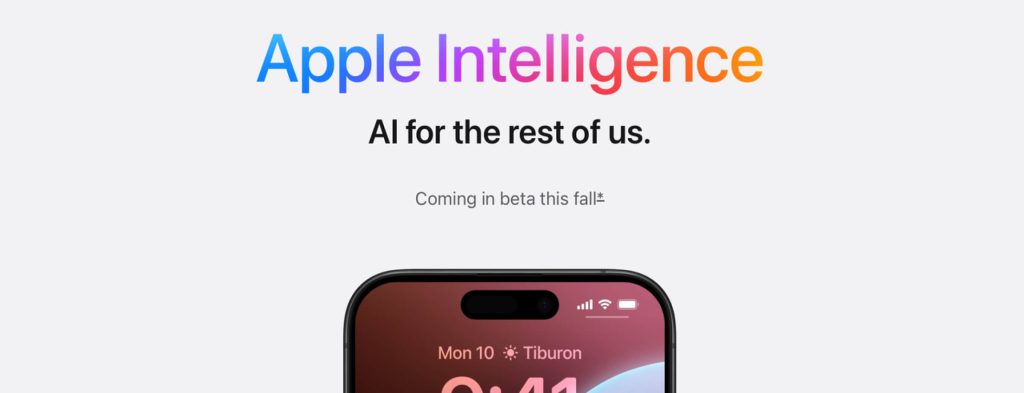Whenever Apple launches a new device or an upgrade into its software, millions of people across the world take notice of them and eagerly wait to try their hands on them. Over the years, Apple has released a lot of new products and devices like iPad, Mac Mini, Apple Watch, Apple TV, etc., and with every passing year, it releases upgrades into these products.
Last year, Apple introduced Apple Watch Series 4 with extravagant features such as EKG or ECG that can record an electrocardiogram, the electrical pulses that make the heartbeat. The Apple Watch Series 4 is the first smartwatch to get FDA clearance for EKG monitoring. Hence, considered to be one of the most significant features, it has shifted the focus of Apple from a mainstream smart wearable device to a potentially life-saving medical device.
Here’s how the EKG feature in the Apple Watch can help:
- Record an electrocardiogram right from the wrist
- Record heartbeats and rhythms with the electrical heart sensor
- Detect issues with the functioning of a human heart
- Capture irregular heart rhythms
- Identify any serious medical condition or atrial fibrillation, a type of irregular rhythm
According to a medical journal by JAMA Cardiology, “Apple watch series 4 is the only device that captures the most accurate heart rhythm and surprisingly, it has proven record to be accurate in the 97% of the cases. It can also help in sending the data to the doctors directly.” (Source)
What Does the Apple Heart Study Say?

Apple in collaboration with Stanford Medicine conducted a detailed Apple heart study with over 400,000 participants. The main aim of this clinical trial was to determine whether a wearable device can analyze irregular heartbeat rhythms suggestive of atrial fibrillation. Preliminary results from the study are as follows:
- This salient medical technology can and will save lives.
- The study showed that almost 0.5% of participants received irregular pulse notifications that proved to be useful.
- Almost 84% of the participants received irregular heart rhythm when they were in atrial fibrillation at that moment.
- 34% of the participants who received irregular pulse notifications who later used ECG were discovered to have atrial fibrillation.
- The study also showed that 57% of the people who received notifications for irregular pulse sought medical attention or at least indulged in meaningful conversations with their physicians.
The COO of Apple stated that this Apple Watch will empower clinical researchers and physicians to help their patients with better treatments and solutions. They can find unique ways and provide personalized care with the comprehensive reports gathered through the Apple Watch Series 4.
Clinical studies can also benefit from the Apple Watch in collecting data which can largely address important issues. It can provide rich and valuable insights to researchers whose work highly depends on the availability of accurate data.
Healthcare on Your Wrist

With three new substantial medical apps, Apple is paving its way into the future of healthcare diagnosis, screening, treatment, and prevention of serious medical conditions.
The first app is the “Fall Detection” application. The watch has a built-in accelerometer, gyroscope to analyze your wrist trajectory and impact acceleration to gauge if you’ve fallen hard. You can dismiss the alert or can call 911, and in case you haven’t moved for more than a minute, the app can itself call emergency services and send a message along with your location.
The second app uses the optical sensor running in the background of the watch to gather heart data as well as to detect any irregular heart rhythms. If it senses any irregularity in atrial fibrillation, it sends an immediate notification. AFib is one of the most common and a serious type of irregular rhythm which if left untreated can result in a stroke. Apple Watch with this app empowers people with more information about their health and take proper precautions.
The third app ECG is the tipping point time for healthcare. It helps users get a visual representation of whether their heart is functioning correctly. It provides details such as electrical activity, heartbeat rhythms, size and portion of the chambers, and any damage to the heart muscle. One can show the report to their doctors so that they can make informed decisions and provide the most accurate treatment.
Wrapping up

Apple Watch has made easier for customers to understand their heart conditions and regularly monitor their heart health in a more meaningful way. On appreciating the Apple Watch as a boon for medical technology, Marco Perez, a doctor, and author at Stanford said, “We are currently in an emerging era of precision medicine. Something like Apple Watch for fitness will keep the world in line with where we want to go with accurate treatments and how to use qualitative as well as quantitative information to redefine the healthcare industry.”
The cloud-connected heart-monitoring watch enables patients to make more informed decisions based on the accurately collected health information through various medical apps and the EKG app.
Blue Whale Apps provides apple watch application development services for the healthcare and medical technology industry. To know more about how Blue Whale Apps can help you in developing your next medical app, get in touch with us.






